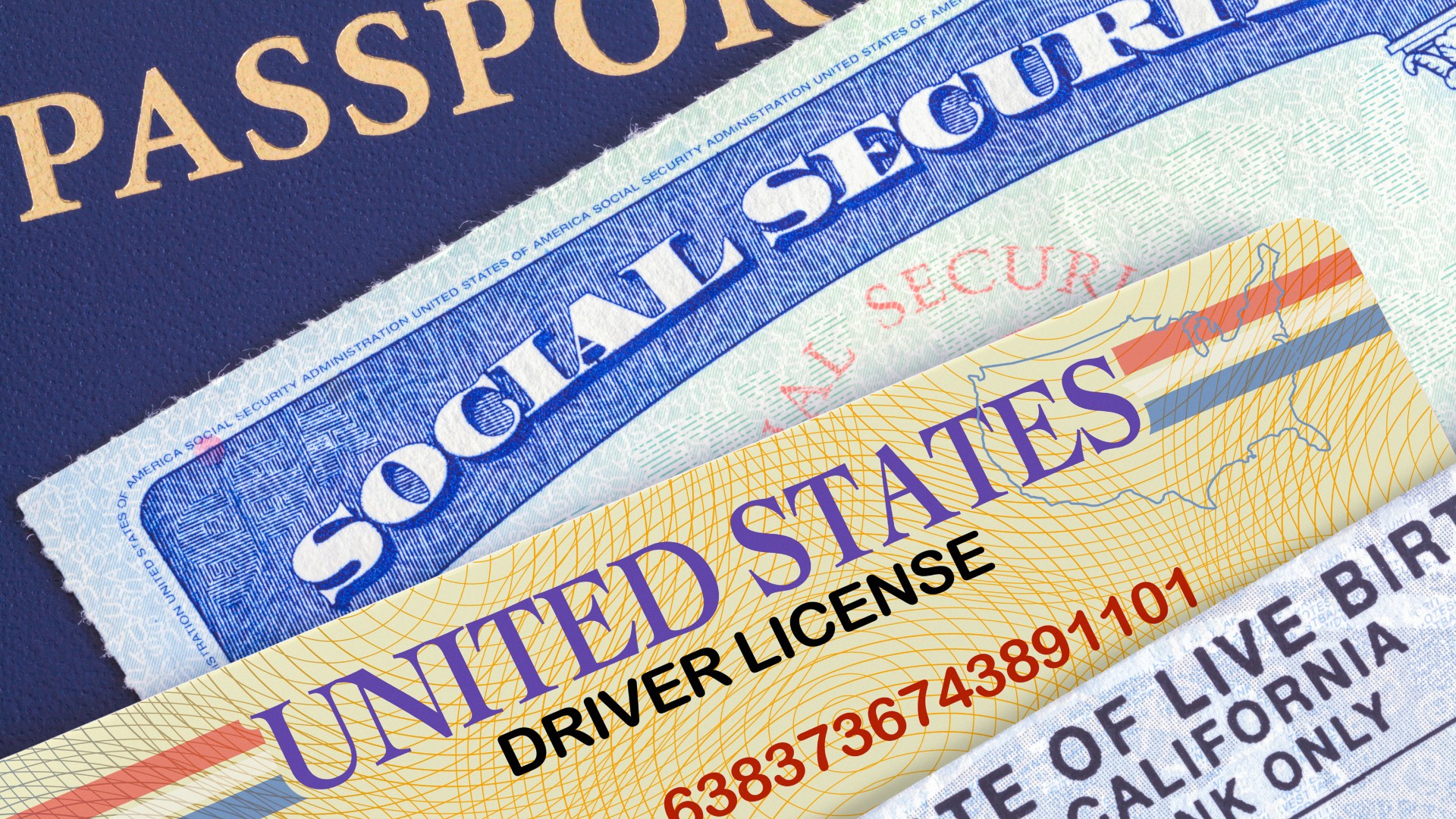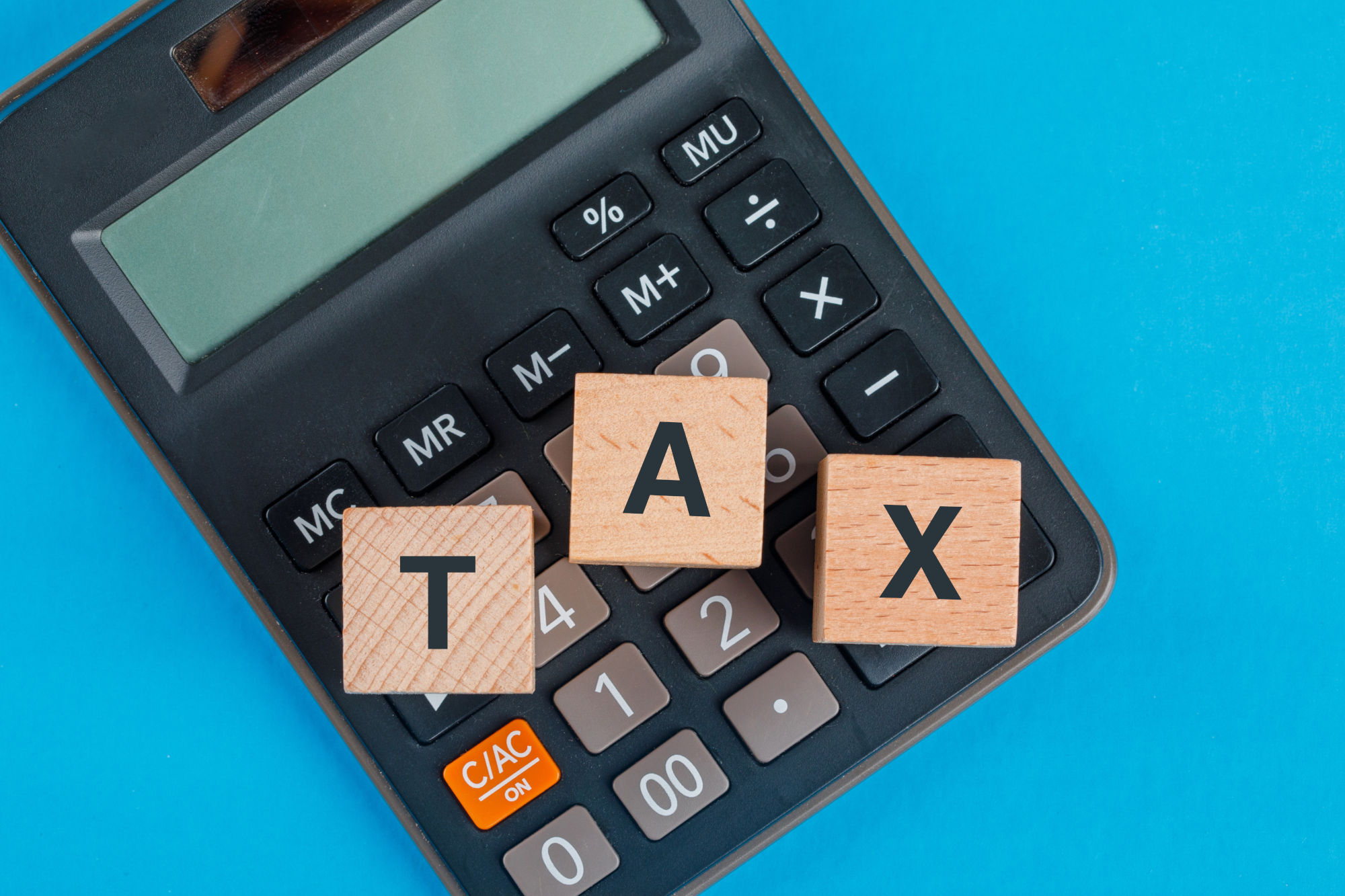Tax season can be a painful reminder of how well, or poorly, you tracked and budgeted your lifestyle the previous year. Knowing how to set up budgets, goals and financial processes isn’t only handy for filing taxes, it’s a lifelong skill you’ll need year after year to remain financially strong. But you don’t have to be a certified financial planner to understand the basics of personal finance. In fact, there are a variety of free resources available to help you expand your financial know-how. Here are a few ideas:
Visit your public library
Visit your public library. Your local library is a hub of all kinds of information, including educational personal finance workshops. Public libraries across the country have stepped it up when it comes to educating their local communities, from the Affordable Care Act to helping people balance a checkbook.
Find a powerful expert voice
Find a powerful expert voice. Some of the most famous personal finance experts have achieved success only after experiencing a financial low. They’re real people who have been there and done that, and have written extensively about the knowledge they gained the hard way. Their struggles are manifest in insightful personal finance books about the best practices for managing money and planning for your future. Planning ahead is equally important. Robert Kiyosaki, author of the “Rich Dad Poor Dad” series, shares how generating income through assets, such as real estate and rental properties, can help you achieve wealth in the future.

Take a college course
Take a college course. The word “college” might make you cringe by stirring up dollar signs in your mind. But not all college courses come at a price. For example, the University of California-Irvine’s Distance Learning Center provides the personal finance foundation you need to excel through an online learning platform. The free course, “Fundamentals of Personal Financial Planning,” was developed by the learning center with the help of a grant from the Certified Financial Planner Board of Standards. The course includes 22 lessons ranging from goal-setting to estate planning.
Stalk personal finance websites
Stalk personal finance websites. More and more websites, on-air personalities and even the personal finance experts noted above have adapted social media into their outreach strategy. Follow or like your favorite finance gurus to get fresh tips on how to manage your money now and in the future. Also, following the finance pages of news outlets on Facebook and Twitter can help you stay on top of current events and how they affect your wallet. By staying aware of financial news stories, you can apply this knowledge to your everyday life.

Get immersed in a TED talk
Get immersed in a TED talk. TED talks began as a discussion on innovation within the technology and science fields, but have since grown in scope to include topics ranging from music to money. While attending a TED conference can be financially daunting at $4,000 or more per attendee, hungry personal finance disciples can find thought-provoking finance lectures on ted.com. The concepts shared at TED talks might best serve someone who’s well attuned to the basics of personal finance, but could be equally engaging for someone who’s just starting with financial planning.
Take a few of these helpful hints into consideration if you are struggling financially or just want to increase your financial intelligence. Taking small steps at a time can lead to exciting results. Stay Wise! (References: Money.USNews.com, Jennifer Calonia)
The recommendations contained in this article are designed for informational purposes only. Essential Lending DBA Wise Loan does not guarantee the accuracy of the information provided in this article; is not responsible for any errors, omissions, or misrepresentations; and is not responsible for the consequences of any decisions or actions taken as a result of the information provided above.









